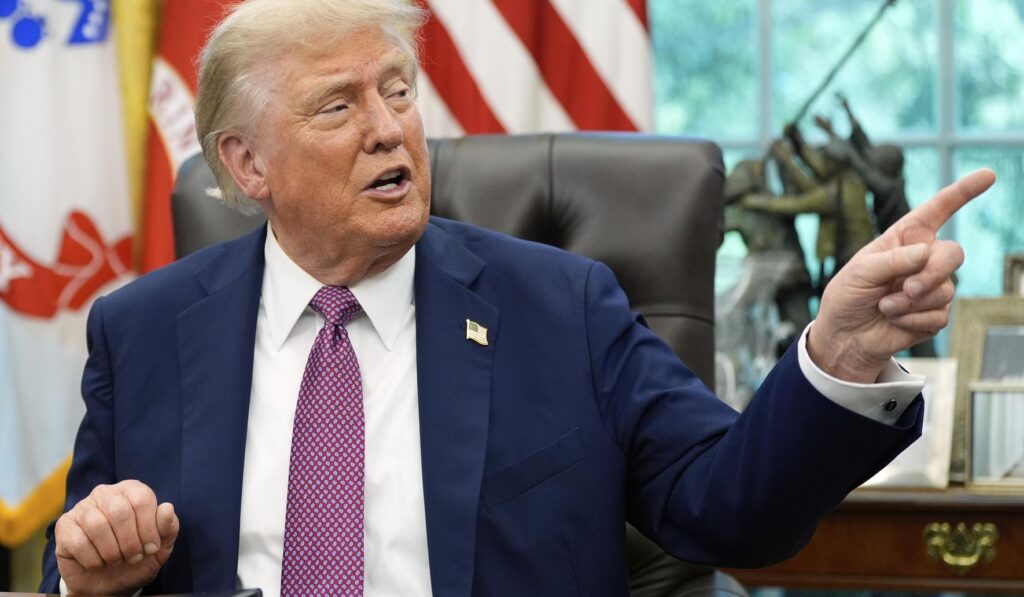President Trump announced the United States will not be represented at this year’s Group of 20 summit in South Africa, citing concerns about how that country treats White farmers.
President Trump said the U.S. will not have representation at the Group of 20 summit in South Africa this year, citing the country’s treatment of White farmers. The move is blunt and intentional, signaling that American participation has limits when another host’s policies clash with U.S. values and interests. This is not diplomacy-by-default; it’s a deliberate line in the sand meant to protect citizens and principles.
From a conservative standpoint, the decision reflects a straightforward view of national interest: we don’t normalize behavior that targets a subset of people. Administration officials framed the absence as a protest against policies and conditions they view as intolerable. The message is simple—standing up for property rights and equal treatment matters more than attending a summit for optics.
Critics will call it isolationist grandstanding, but there’s a political calculation here that resonates with voters who prioritize sovereignty and fairness. The White House is appealing to those who see the U.S. as a defender of the persecuted and a critic of governments that fail to protect minority communities. That argument lands with people who want their leaders to put principle before protocol.
Backing away from G20 participation also puts diplomatic pressure on South Africa by spotlighting a specific grievance. It forces conversations in allied capitals about how to balance engagement with moral accountability. Rather than a blanket boycott of multilateralism, the step is framed as a targeted response designed to influence behavior without closing every channel of communication.
On the domestic front, this stance plays well with the base by throwing a red line around property and personal safety concerns. It taps into a broader conservative narrative that warns against appeasing or ignoring abuses under the guise of international comity. The administration wants voters to see that American leaders will call out mistreatment, even when it’s inconvenient.
Diplomats who prefer quiet pressure will grumble, arguing that attendance can yield more leverage. That’s a familiar split between realist practitioners and those who favor public posturing. The Trump approach leans on the belief that clear, bold public statements can shift narratives quickly and force governments to respond under international scrutiny.
There’s also a messaging advantage in being unambiguous. When the U.S. skips a high-profile summit for principled reasons, it creates a media and diplomatic ripple that’s hard to ignore. The administration expects opponents to scramble to justify their positions while supporters applaud a leadership style that doesn’t equivocate on human dignity or property rights.
International partners will watch how other nations react and whether they join or distance themselves from the criticism. That reaction will determine whether the move isolates the U.S. or builds a coalition of concern around specific policies. Either outcome feeds a broader debate over how democracies should respond when allied or partner states cross ethical lines.
What matters politically is that this kind of decision reinforces a theme central to conservative governance: America should not reward behavior it finds unacceptable. For voters who want firm action and moral clarity, skipping the summit is a clear and readable choice. It’s a statement that the United States will defend its standards and hold other countries to account, even on the world stage.



